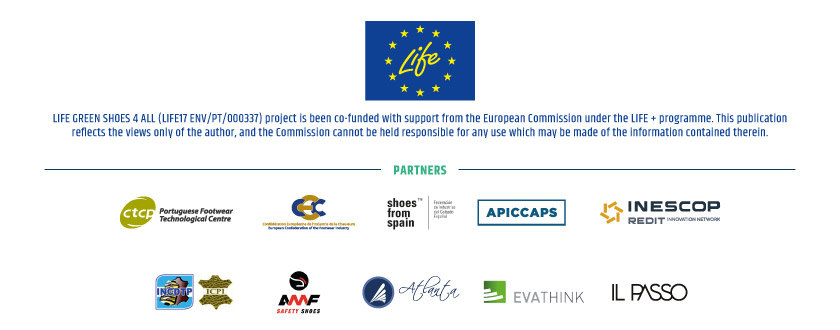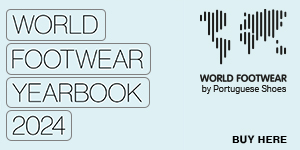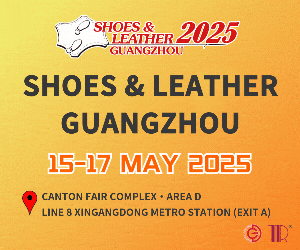How is the footwear industry in Europe working towards a circular economy?

The European Union (EU) project LIFE GreenShoes4All is working towards the implementation of a Product Environmental Footprint (PEF) methodology for footwear by analysing the PEF of 30 EU representative shoe styles and developing new approaches to recycling polymeric waste materials and developing innovative recycled materials and components with high performance
At a first stage, within the LIFE GreenShoes4All, five shoe models were selected to implement the PEF/Life Cycle Assessment (LCA) and to calculate their environmental impact. The models’ selection took in consideration the need to analyse those with considerable differences in terms of materials, constructions, production processes, application/use. The results of the analysis indicated that those with lower environmental impact materials and less weight had a relevant impact on the reduction of footwear EF. The application of eco-design to footwear products was also potentially a good approach to reduce the environmental footprint of the shoes.
The lessons learned and recommendations resulting from PEF/LCA demonstration experiments under the framework of the LIFE GreenShoes4All project will be communicated to the European Commission and widely disseminated to footwear stakeholders and to stakeholders from other involved sectors (automotive, for example).
CTCP, the Portuguese Footwear Technological Centre, as the leading entity of this European Project LIFE GreenShoes4All, is already implementing the methodology developed to evaluate the Environmental Footprint of Footwear products. Companies wishing to carry out this analysis on their products should contact CTCP.
The lessons learned and recommendations resulting from PEF/LCA demonstration experiments under the framework of the LIFE GreenShoes4All project will be communicated to the European Commission and widely disseminated to footwear stakeholders and to stakeholders from other involved sectors (automotive, for example).
CTCP, the Portuguese Footwear Technological Centre, as the leading entity of this European Project LIFE GreenShoes4All, is already implementing the methodology developed to evaluate the Environmental Footprint of Footwear products. Companies wishing to carry out this analysis on their products should contact CTCP.
The advantages of having a PEF
This tool will contribute to the reduction of the companies’ costs, while providing unique standards on which “green labels” should be based, contributing to reduce the number of labels in the market and offering consumers more transparent information. PEF/LCA information is relevant, trusted and understood by the consumers, and will assist in the choices made when buying products.Ecodesign guidelines and PEFCRs: a recipe to produce EU green shoes
To support companies in reaching consumer expectations on more sustainable products by integrating environmental aspects in the design of new footwear concepts with lower PEF, the project partners have defined an eco-design methodology and developed a public Ecodesign Guide.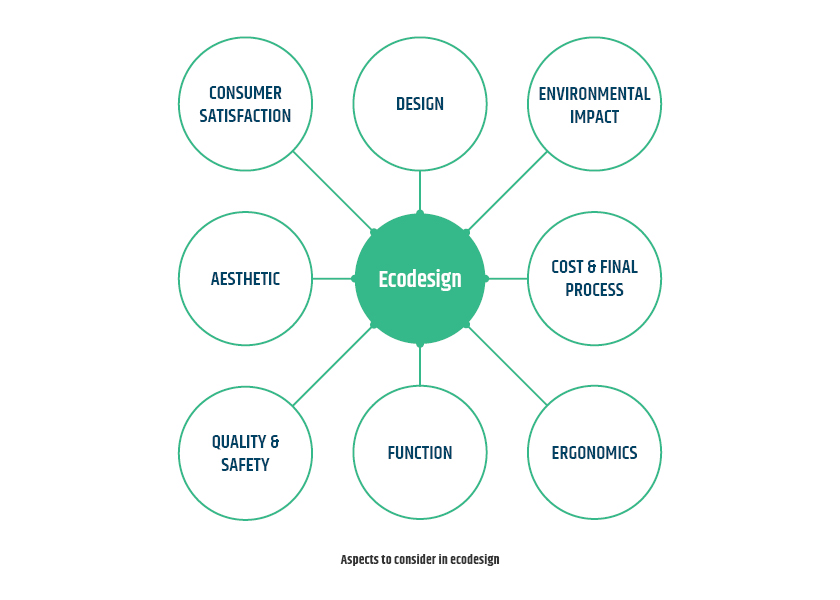
The guide offers information on the most important steps in the ecodesign process, with ten ecodesign strategies and their concrete application in the footwear industry related to the design process, materials and components, production techniques, distribution and sale; use and end-of-life. Furthermore, it emphasises that, in order to adequately implement the ecodesign methodology for footwear, it is fundamental to consider several aspects, starting from the lowest possible environmental impact of the product, and continuing with functionality, aesthetic quality, costs, safety, use, materials and processes.
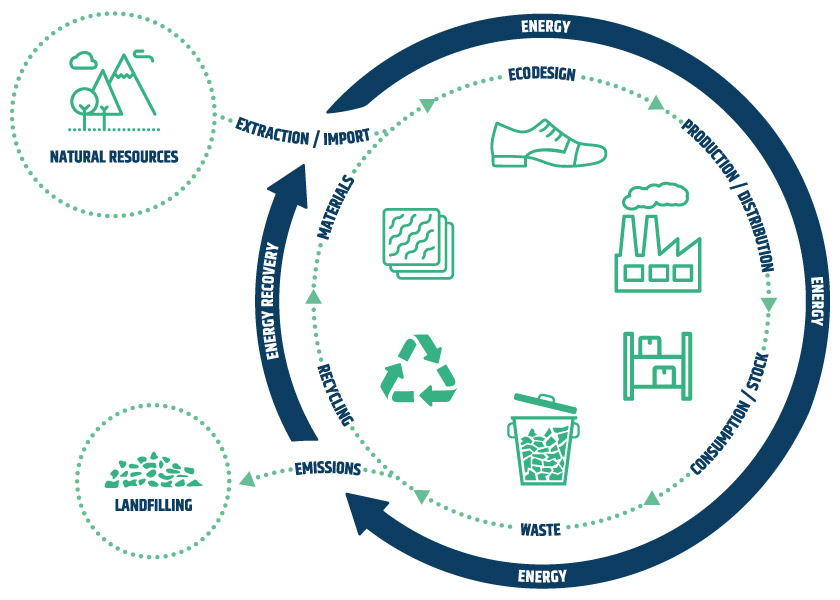
Ecodesign Guide available HERE.
About the project
The project aims to implement, demonstrate and disseminate a Product Environmental Footprint (PEF) methodology for footwear and to develop efficient ecodesign, recycling and manufacturing solutions, in order to obtain performing shoes with a lower PEF. In particular, LIFE GreenShoes4All intends to achieve a Single Market for Green Products by promoting the great added value of the innovative Product Environmental Footprint Category Rules (PEFCR) methodology. The project also intends to test and demonstrate new recycling routes in the EU footwear value chain and to establish and compare, through demonstrative experimentations, innovative ecodesign concepts and eco-processes for shoe manufacturing.For more information visit the project's website clicking HERE.
